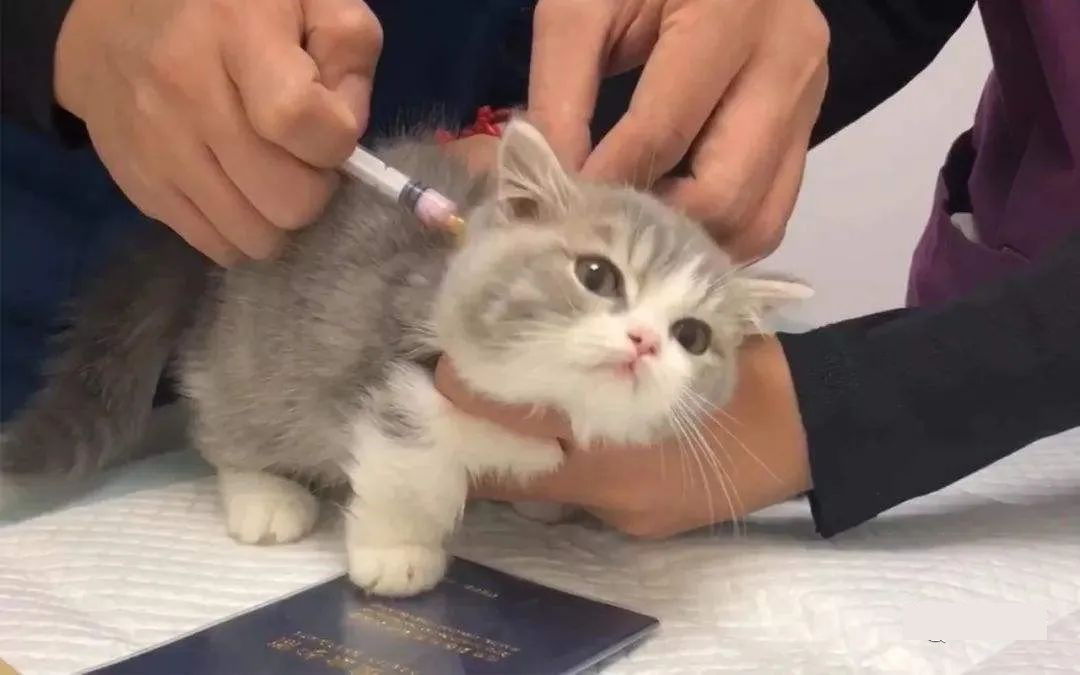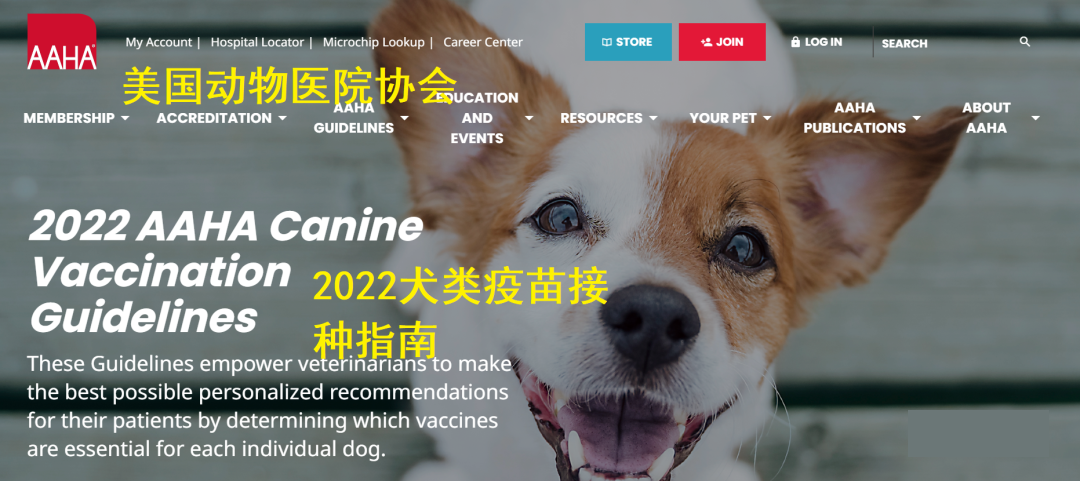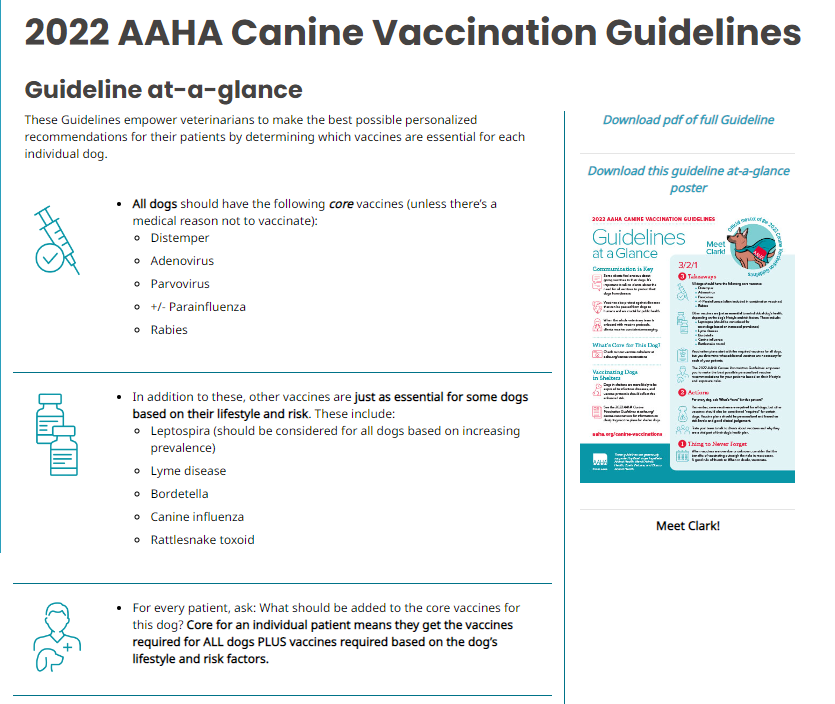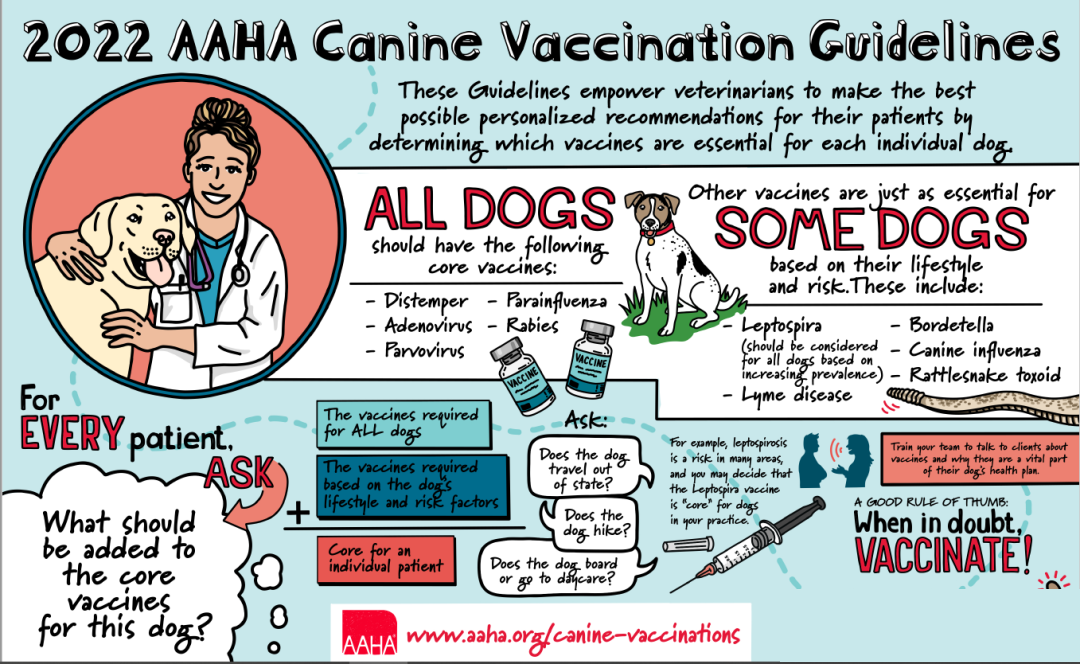One
Recently, pet owners often come to inquire about whether elderly cats and dogs still need to be vaccinated on time every year? On January 3rd, I just received a consultation with a 6-year-old large dog pet owner. He was delayed for about 10 months due to the epidemic and did not receive the vaccine again. He went to the hospital for a trauma treatment 20 days ago, but later became infected. He was just diagnosed with neurological canine distemper and his life was on the line. The pet owner is now doing everything possible to recover his health through treatment. At first, no one expected it to be canine distemper, suspected it to be hypoglycemic convulsions, who could have imagined.
Firstly, it must be clarified that all legitimate animal medicine organizations currently believe that “pet vaccines should be administered in a reasonable and timely manner to avoid excessive vaccination”. I think the issue of whether elderly pets need to be vaccinated on time is definitely not something that domestic pet owners in China are concerned about or discussing. It originated from the fear and concern of human vaccines in Europe and America, and later developed into pets. In the European and American veterinary industry, there is a proprietary name for this, “Vaccine hesitancy”.
With the development of the Internet, everyone can speak freely online, resulting in a large number of ambiguous knowledge points being infinitely amplified. As for the vaccine problem, after three years of COVID-19, everyone knows clearly how low the quality of European and American people is, whether it is really harmful or not, in short, distrust is deeply rooted in the minds of many people, so that the World Health Organization will list “Vaccine hesitancy” as the number one threat in the world in 2019. Subsequently, the World Veterinary Association listed the theme of 2019 International Pet Knowledge and Veterinary Day as “The Value of Vaccination”.
Looking at this, I believe everyone will want to know if it is really necessary to get vaccinated on time, even if the pet is getting older, or if there will be persistent antibodies after a few vaccinations?
Two
Because there are no relevant policies, regulations, or research in China, all of my references come from two veterinary organizations over the age of 150, the American Veterinary Association AVMA and the International Veterinary Association WVA. Regular animal medicine organizations around the world recommend that pets receive regular vaccines on time and in sufficient quantities.
According to the laws of various states in the United States, pet owners must receive rabies vaccines for their pets on time, but are not forced to receive other vaccines (such as quadruple or quadruple vaccines). Here, we need to clarify that the United States has announced the complete elimination of all pet rabies viruses, so the purpose of receiving rabies vaccines is only to reduce the possibility of a contingency.
The World Small Animal Veterinary Association released the “World Guidelines for Dog and Cat Vaccination” in January 2016, which listed the core vaccines for dogs including “Canine Distemper Virus Vaccine, Canine Adenovirus Vaccine, and Parvovirus Type 2 Variant Vaccine”, and the core vaccines for cats including “Cat Parvovirus Vaccine, Cat Calicivirus Vaccine, and Cat Herpesvirus Vaccine”. Subsequently, the American Association of Animal Hospitals updated its content twice in 2017/2018, In the latest 2022 version, it is stated that “all dogs should receive the following core vaccines unless they are unable to receive them due to illness, such as canine distemper/adenovirus/parvovirus/parainfluenza/rabies”. And it is specifically mentioned in the instructions that the best rule of thumb when the vaccine may have expired or is unknown is’ if in doubt, please vaccinate ‘. From this, it can be seen that the importance of pet vaccines in terms of positive effects is far higher than the doubts on the internet.
In 2020, the Journal of the American Veterinary Association specifically introduced and trained all veterinarians, with a focus on “How Veterinary Professionals Face the Challenge of Vaccination”. The article mainly provided some dialogue ideas and methods to explain and promote to customers who firmly believe that vaccines pose potential risks to their pets. Both pet owners and pet doctors aim for the health of their pets, but pet owners are more concerned about unknown and possible diseases, while doctors are more concerned about infectious diseases that can be directly faced at any time.
Three
I have discussed the issue of vaccines with many pet owners both domestically and internationally, and I have found a very interesting thing. The biggest concern for pet owners in Europe and America is that vaccinating their pets can lead to “depression”, while in China, pet owners are concerned that vaccinating their pets can lead to “cancer”. These concerns stem from websites that claim to be natural or healthy, warning about the danger of over vaccinating cats and dogs. However, after so many years of tracing the source of the comments, no website has defined the meaning of over vaccinating, getting one shot a year? Get two injections a year? Or do you get an injection every three years?
These websites also warn about the potential long-term harm of over vaccination, especially the possibility of immune system diseases and cancer. But so far, no institution or individual has provided any statistics on the incidence rate of diseases and cancer related to over vaccination based on tests or statistical surveys, nor has anyone provided any data to prove the causal relationship between over vaccination and various chronic diseases. However, the damage to pets caused by these comments is already obvious. According to the British animal welfare Report, the proportion of cats, dogs and rabbits vaccinated for the first time when they were young in 2016 was 84%, while it decreased to 66% in 2019. However, it also includes the excessive pressure caused by the poor economy in Britain, which led to pet owners having no money for vaccination.
Some domestic doctors or pet owners may have directly or indirectly read foreign pet journal papers, but perhaps due to incomplete reading or limited English proficiency, they have developed some misconceptions that antibodies will be produced after a few doses of vaccination, and there is no need to vaccinate every year. The fact is, according to the American Veterinary Association, it is not necessary to re vaccinate every year for most vaccines, and the key word here is’ most ‘. As I mentioned earlier, the World Small Animal Veterinary Association divides vaccines into core vaccines and non core vaccines. The core vaccine is recommended to be administered according to requirements, rather than at the discretion of pet owners. There are very few pet vaccines in China, so most people do not know what non core vaccines are, such as Leptospira, Lyme disease, canine influenza, etc.
These vaccines all have an immune period, but each cat and dog has a different physical constitution and produces a different effect period. If two dogs in your family are vaccinated on the same day, one may have no antibodies after 13 months, and the other may still have effective antibodies after 3 years, which is individual difference. Vaccines can ensure that no matter what individual is vaccinated correctly, they can maintain antibodies for at least 12 months. After 12 months, there may be insufficient or even disappearance of antibodies at any time. This means that if you want your cat and dog to have antibodies at any time and do not want to receive booster shots to continue antibodies within 12 months, you need to frequently check for the presence of antibodies, such as weekly or monthly antibody tests, Antibodies may not gradually decrease but may experience a cliff drop. It is very likely that the antibodies met the standard one month ago, but will be insufficient one month later. In the article a few days ago, we specifically talked about how two dogs raised at home were infected with rabies. For pets without vaccine antibody protection, this is a greater harm.
We particularly emphasize that all core vaccines do not claim to have long-term antibodies after a few doses, and there is no need for further vaccinations. There is also no statistical, paper, or experimental evidence to prove that timely and sufficient vaccination can lead to cancer or depression. Compared to the potential problems caused by vaccines, poor lifestyle habits and unscientific feeding habits can bring more serious diseases to pets.
Post time: Apr-14-2023






